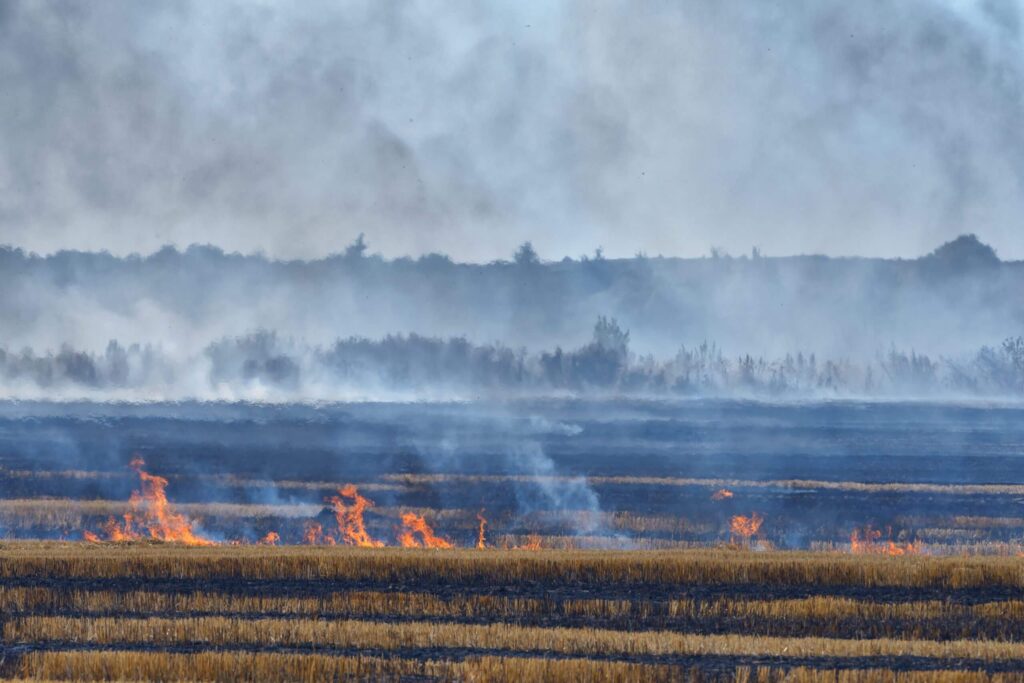The Voice of Cannabis in Mendocino County
Our Mission
The Mendocino Cannabis Alliance serves and promotes Mendocino County’s world-renowned cannabis cultivators and businesses through sustainable economic development, education and public policy initiatives.
Our incredible members provide essential support that enables us to serve and promote the full spectrum of cannabis businesses in Mendocino County.

Thank you to the MCA and SCCA communities for supporting our Harvest Celebration!

Thank you to our sponsors, media partners, and silent auction donors:
Cannabis Bar Services by Emerald Farm Tours
Elvira Luna, Independent Legal Secretary
Greenwave Consulting LLC
Natural Cannabis Company / High Art
7 Stars Holistic Healing Center
Kevin Vickery
Grass for Grownups
Chiah Rodriques / Paradigm Collective Boutique
Patrick Sellers / HQ Consulting
Steve Amato / Rancho Feliz
Greg Welch / Cannabiscapes
The latest news
MCA has you covered with the latest updates about state and local policy!
Get MCA Merch!

Amplify your voice!
We are proud to represent over 125 individual Members who support common sense cannabis regulations that benefit the entire community.
As A Member of MCA you receive access to exclusive benefits including:
- Regular policy calls
- Members only discounts
- Listing in the MCA Member Directory
- Discounted or free access to educational webinars, workshops, and presentations
- Up-to-the-minute updates on local, state and national policy and regulatory developments
- Eligibility to be nominated and elected to our Board of Directors during nomination periods
Donate Today!
Our efforts are aided by our Members, our Sponsors, and YOU!
Origins Council (OC) was founded in 2019 as a California 501c4 nonprofit education, research, and policy advocacy organization. OC is dedicated to sustainable rural economic development within cannabis producing regions and establishing nationally and internationally recognized, legally defensible, standards-based, geographic indication systems for cannabis.
OC’s vision is for legacy cannabis producing regions around the world to drive global sustainable development and regenerative agriculture through the regulated production and research of high-quality craft cannabis and herbal medicine products.
Critical to this mission and vision are public policies and programs that protect and promote these regions’ legacy cannabis farmers and medicine makers, including their genetic, cultural, natural, and economic resources.
Become an MCA Sponsor!
The Mendocino Cannabis Alliance (MCA) works diligently to improve conditions for our community of craft cannabis cultivators and entrepreneurs. With our deep roots in northern California’s cannabis culture, MCA ensures that the local cannabis community has a strong, unified voice that represents our shared interest in meeting the challenges of a rapidly changing marketplace.
We invite businesses to sponsor MCA’s role as a powerful trade association representing all sectors of the cannabis industry in Mendocino county and our region.





